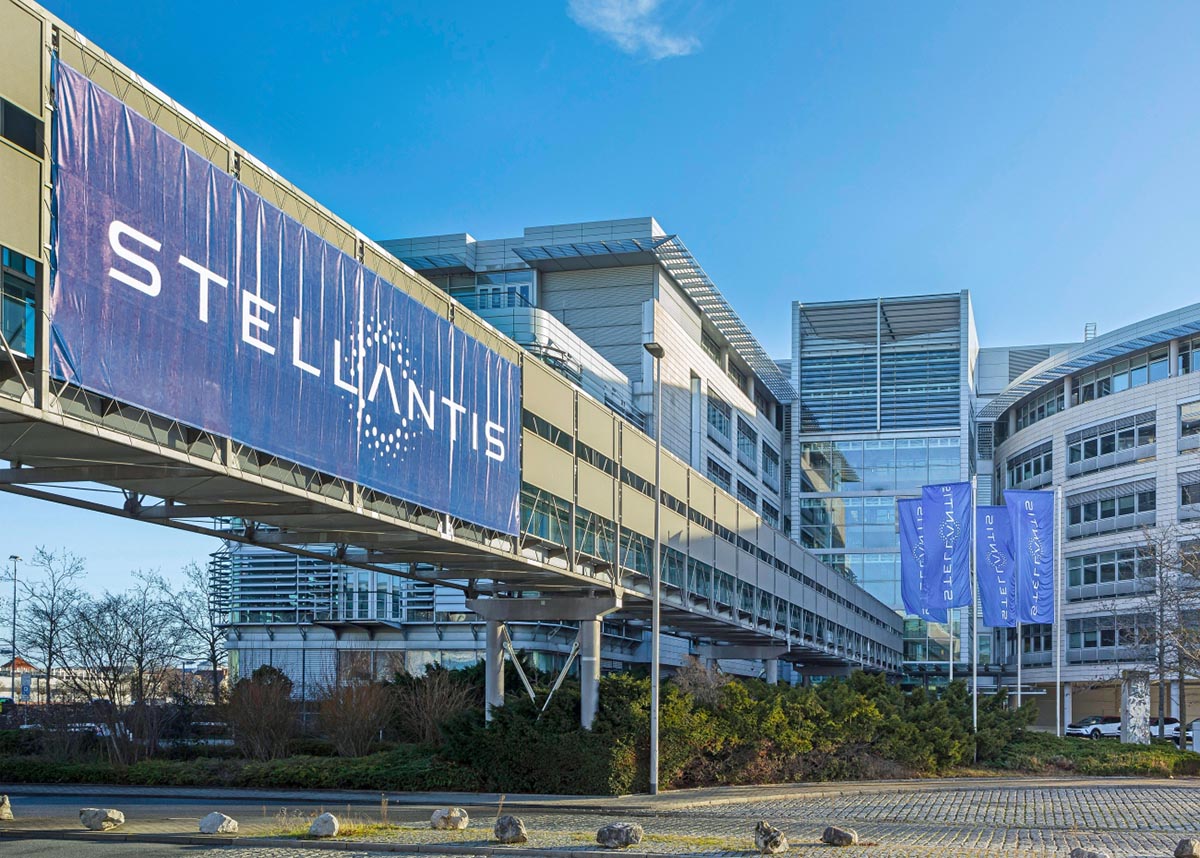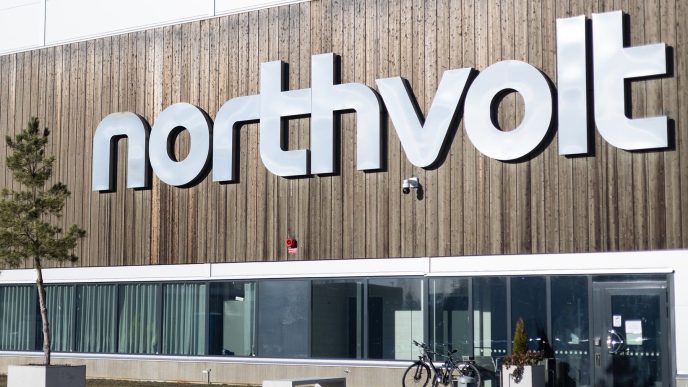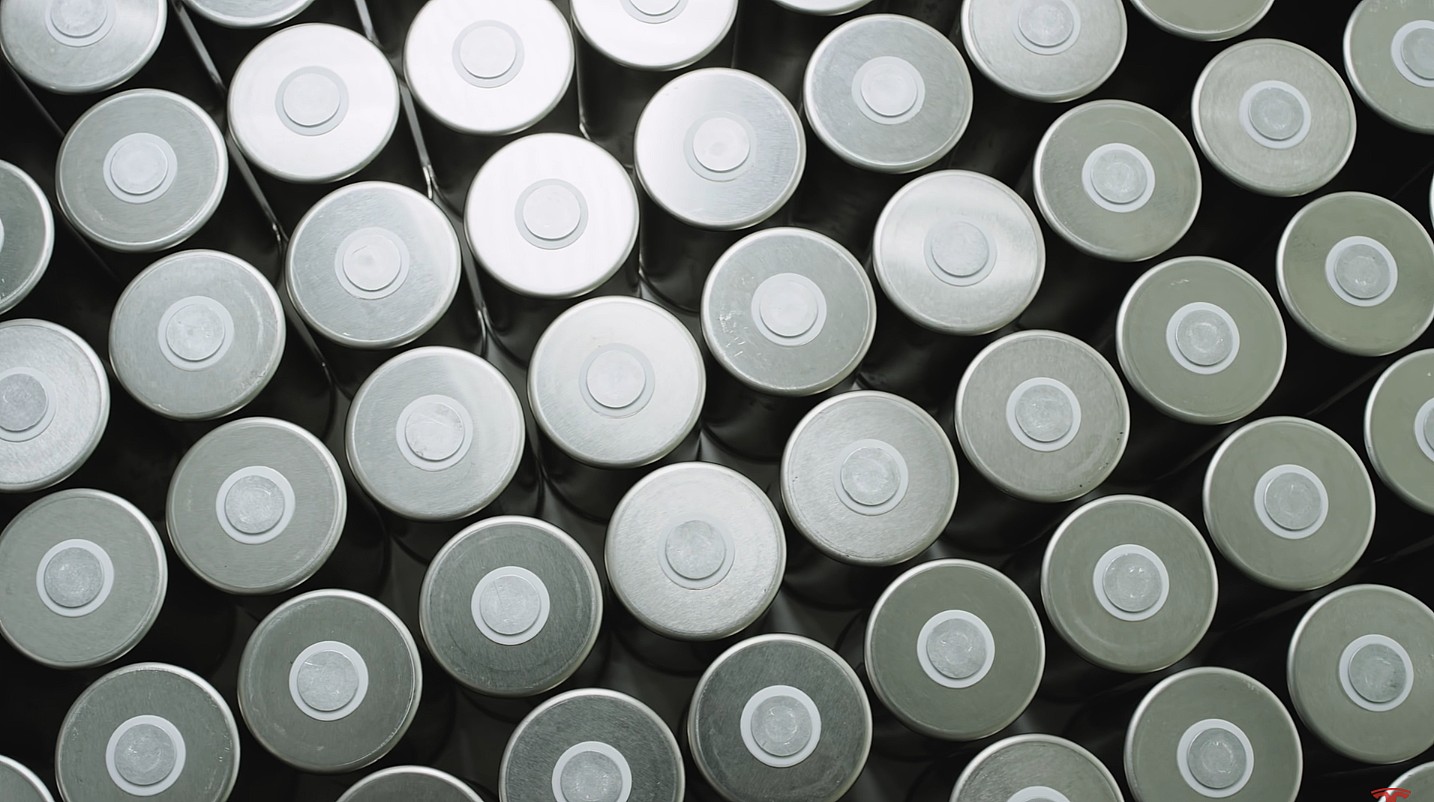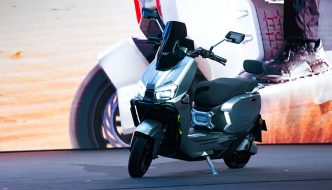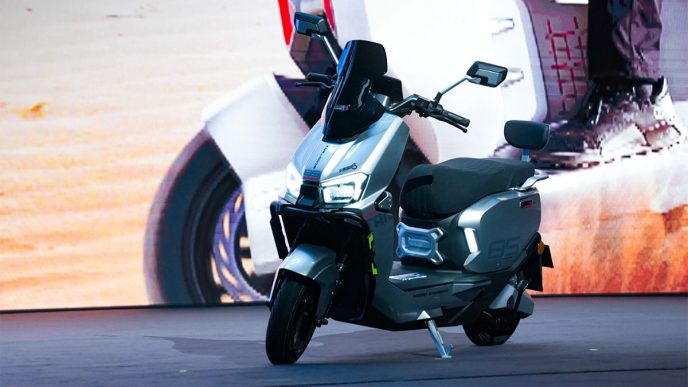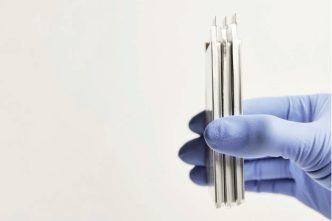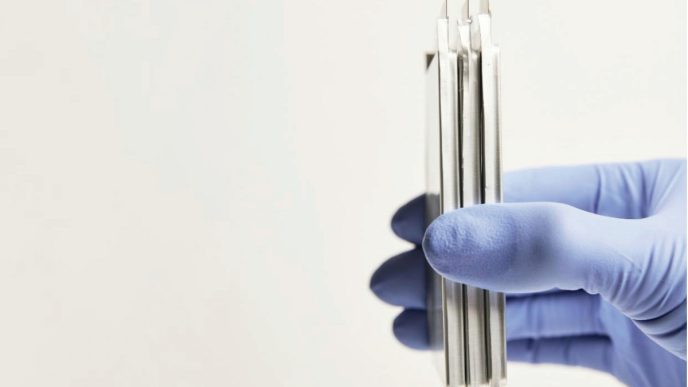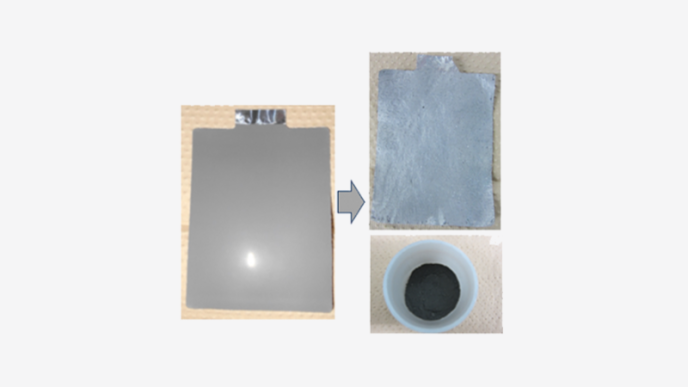Stellantis has entered into a partnership with U.S.-based Zeta Energy to develop lithium-sulfur batteries for electric vehicles (EVs), with plans to make the technology commercially available by 2030. This collaboration aims to reduce EV production costs by replacing expensive materials like nickel and cobalt used in traditional lithium-ion batteries.
According to the joint statement from Stellantis and Zeta Energy, lithium-sulfur batteries are expected to cost less than half the price per kilowatt-hour (kWh) of current lithium-ion batteries. While these batteries are likely to have a shorter lifespan, they will offer a more affordable production alternative. “Lithium-sulfur batteries are expected to cost less than half the price per kWh (kilowatt hour) of current lithium-ion batteries,” the statement said.
The new battery technology aims to be lighter while maintaining an energy potential similar to that of lithium-ion, which could result in improved range, handling, and performance. The companies also noted that lithium-sulfur batteries could improve charging speeds by up to 50%. “This means potentially a significantly lighter battery pack with the same usable energy as contemporary lithium-ion batteries, enabling greater range, improved handling and enhanced performance,” the statement added.
Ned Curic, Stellantis’ Chief Technology Officer, emphasized the role of this technology in the company’s sustainability efforts, saying, “Groundbreaking battery technologies like lithium-sulfur can support Stellantis’ commitment to carbon neutrality by 2038 while ensuring our customers enjoy optimal range, performance and affordability.”
The batteries are intended to be manufacturable within existing gigafactory technology, relying on a domestic supply chain in Europe or North America. Stellantis is also backing Lyten, a Silicon Valley startup, which announced plans to invest over $1 billion in building the world’s first gigafactory for lithium-sulfur batteries in Nevada.

